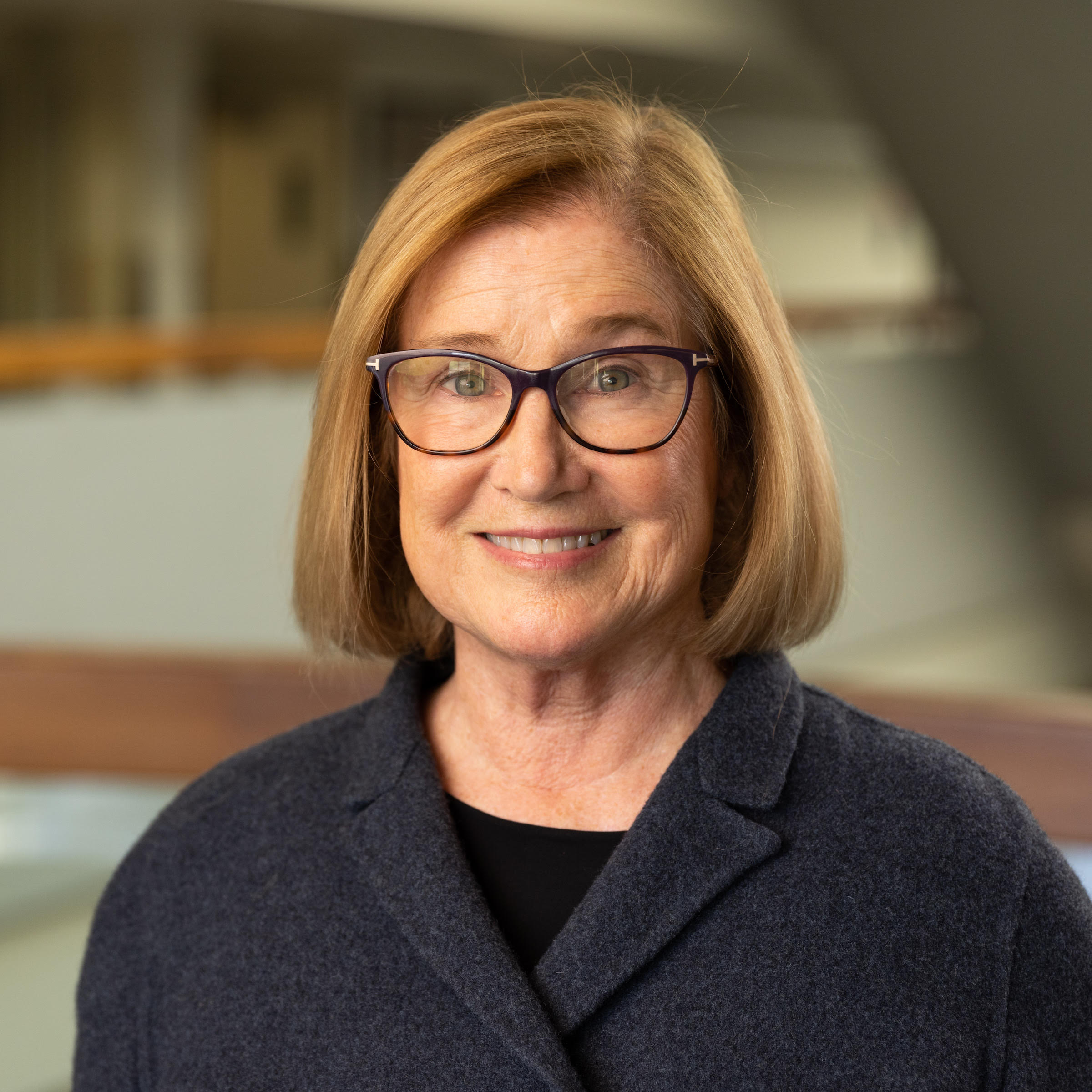
Information
Date & Time
-
-
Location
Brought to you by
Learning Objectives
Participants will be able to:
-
Explain 2 potential causes for the “telescoping” of alcohol-related harms in women, whereby women’s blood alcohol concentration is higher after drinking the same amount of alcohol as men, even if they are the same body weight.
-
Identify 2 or more risks of alcohol consumption during pregnancy and breastfeeding.
-
Identify 2 or more sex differences in the motivation to misuse alcohol.
-
Describe 2 ways sex differences in the motivation to misuse alcohol may influence treatment responses.
Educational Goal
The educational goal of this workshop is for participants to increase their understanding of alcohol misuse in women and treatment options for alcohol misuse.
Description
Alcohol misuse is a growing women’s health issue. Over the last few decades, alcohol use and alcohol-related harms have increased in women, including an increased risk of breast cancer. Prevention, treatment, and recovery support strategies for alcohol use disorder (AUD) should be informed by our evolving understanding of sex differences in alcohol misuse and differential response to treatment. Women might be more motivated than men to consume alcohol to relieve emotional discomfort and may be more responsive to treatments that restore homeostasis in the brain, emotional, and stress systems, e.g., acamprosate, gabapentin, and trans magnetic stimulation (TMS). TMS may have a particularly important role in treating women with mood disorders and AUD during pregnancy and breastfeeding, where medication use may be contraindicated.
Target Audience
- Counselor
- Marriage & Family Therapist
- Medical Doctor
- Psychologist
- Social Worker
- Substance Use Disorder Professionals
Presenters

Barbara J. Mason, Ph.D., is the Director of the Pearson Center for Alcohol and Addiction Research and a tenured Professor in the Department of Molecular Medicine at The Scripps Research Institute in La Jolla, CA. Dr. Mason is world-renowned for her work in the development of medications for treating alcohol use disorder. She conducted the seminal studies identifying nalmefene (Selincro) as having therapeutic potential for alcohol dependence and served as the overall Principal Investigator for the U.S. multicenter trial of acamprosate (Campral) for the treatment of alcohol dependence, which was conducted in support of US FDA approval.
Dr. Mason has served on the National Advisory Councils of the National Institute on Alcohol Abuse and Alcoholism (NIAAA) and the National Institute on Drug Abuse (NIDA). She has served as a guest expert for the U.S. Federal Food and Drug Administration (FDA) and as a reviewer of research grants for NIAAA, NIDA and the Medical Research Council (MRC) of the UK. Dr. Mason is an elected Fellow of the American College of Neuropsychopharmacology and has served as field editor for Neuropsychopharmacology as a member of multiple editorial boards, including Alcoholism: Clinical and Experimental Research, Journal of Substance Abuse, and Journal of Addiction Medicine. Dr. Mason is currently conducting a program of NIH-funded research that includes human laboratory studies to screen medications for therapeutic potential and clinical trials to evaluate the efficacy of novel medications for alcohol use disorder. Dr. Mason holds the Pearson Family Chair, an endowed professorship in alcohol and addiction research at The Scripps Research Institute. Dr. Mason’s work in medication development for the treatment of substance use disorder has been recognized with the Smithers Distinguished Scientist Award from the American Society of Addiction Medicine, a MERIT Award from the National Institutes of Health (NIH), the Dean’s Senior Clinical Research Award from the University of Miami School of Medicine, and the Andrew W. Mellon Foundation Teacher-Scientist Award from Weill Cornell University Medical College.
